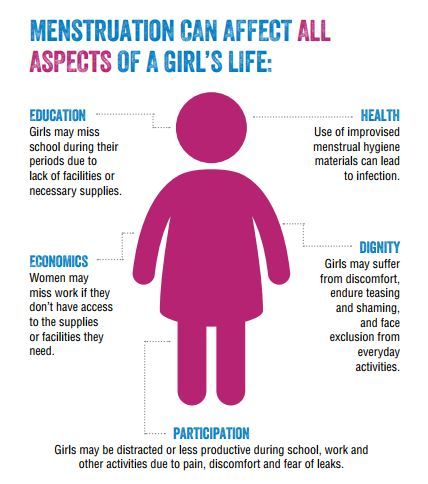Pregnancy and Fertility Q&A: Your Common Questions Answered
Pregnancy and fertility are topics that often raise numerous questions among individuals who are trying to conceive or are experiencing the journey of pregnancy. It is essential to have access to reliable information to help navigate this period successfully. In this article, we will address some common questions related to pregnancy and fertility to provide you with a comprehensive understanding of these topics.
1. How long does it typically take to get pregnant?
Getting pregnant varies from person to person. While some couples conceive within a few months of trying, others may take longer. On average, it can take up to six to twelve months to conceive. However, if you have been trying to conceive for more than a year without success, it is recommended to consult a healthcare professional for further evaluation and guidance.
2. Are there any factors that may affect fertility?
Several factors can impact fertility, including age, overall health, weight, and lifestyle choices. As a woman ages, her fertility gradually declines, and the chances of conceiving decrease. Maintaining a healthy weight, avoiding excessive alcohol consumption, quitting smoking, and managing stress levels can also contribute positively to fertility.
3. Can stress hinder the chances of getting pregnant?
Stress can indeed have an impact on fertility. High levels of stress can disrupt hormonal balance and menstrual cycles, making it more challenging to conceive. It is crucial to find healthy ways to manage stress, such as regular exercise, meditation, or seeking support from a therapist.
4. When is the best time to try for a baby?
The best time to try for pregnancy is during the woman’s fertile window. This window typically occurs around 12-14 days before the start of the next period. Monitoring ovulation using ovulation predictor kits, tracking basal body temperature, or observing changes in cervical mucus can help determine the most fertile days.
5. What are the important considerations for a healthy pregnancy?
During pregnancy, it is vital to take care of both the mother’s and baby’s health. Some essential considerations include:
Eating a balanced diet rich in nutrients to support the baby’s growth and development.
Avoiding harmful substances such as tobacco, alcohol, and recreational drugs that can harm the baby.
Getting regular prenatal check-ups and following the healthcare provider’s recommendations.
Taking prenatal vitamins as advised by the healthcare provider.
Maintaining a moderate exercise routine, if approved by the healthcare provider.
6. Can certain foods or medications affect fertility?
Some foods and medications may potentially impact fertility. Excessive caffeine consumption, alcohol intake, and obesity have been linked to decreased fertility in both men and women. Additionally, certain medications, such as certain antidepressants or chemotherapy drugs, may have an adverse effect on reproductive health. It is advisable to consult a healthcare professional about any concerns regarding specific foods or medications.
7. What are some common early signs of pregnancy?
Early signs of pregnancy may vary from woman to woman, but some common indications include missed periods, breast tenderness, fatigue, increased urination, and nausea or morning sickness. However, it is essential to remember that these symptoms can also be caused by other factors, so a pregnancy test is the most reliable way to confirm pregnancy.
8. Can maintaining a healthy lifestyle increase fertility?
Yes, adopting a healthy lifestyle can positively impact fertility. Maintaining a healthy weight, eating a balanced diet, getting regular exercise, managing stress levels, and avoiding harmful substances can optimize fertility in both men and women.
Conclusion
Understanding pregnancy and fertility is crucial for those planning to conceive or experiencing pregnancy. By addressing common questions related to these topics, this article aims to provide helpful information for individuals seeking guidance during this significant time in their lives. Remember, everyone’s journey is unique, and it is essential to consult with healthcare professionals for personalized advice and care.


